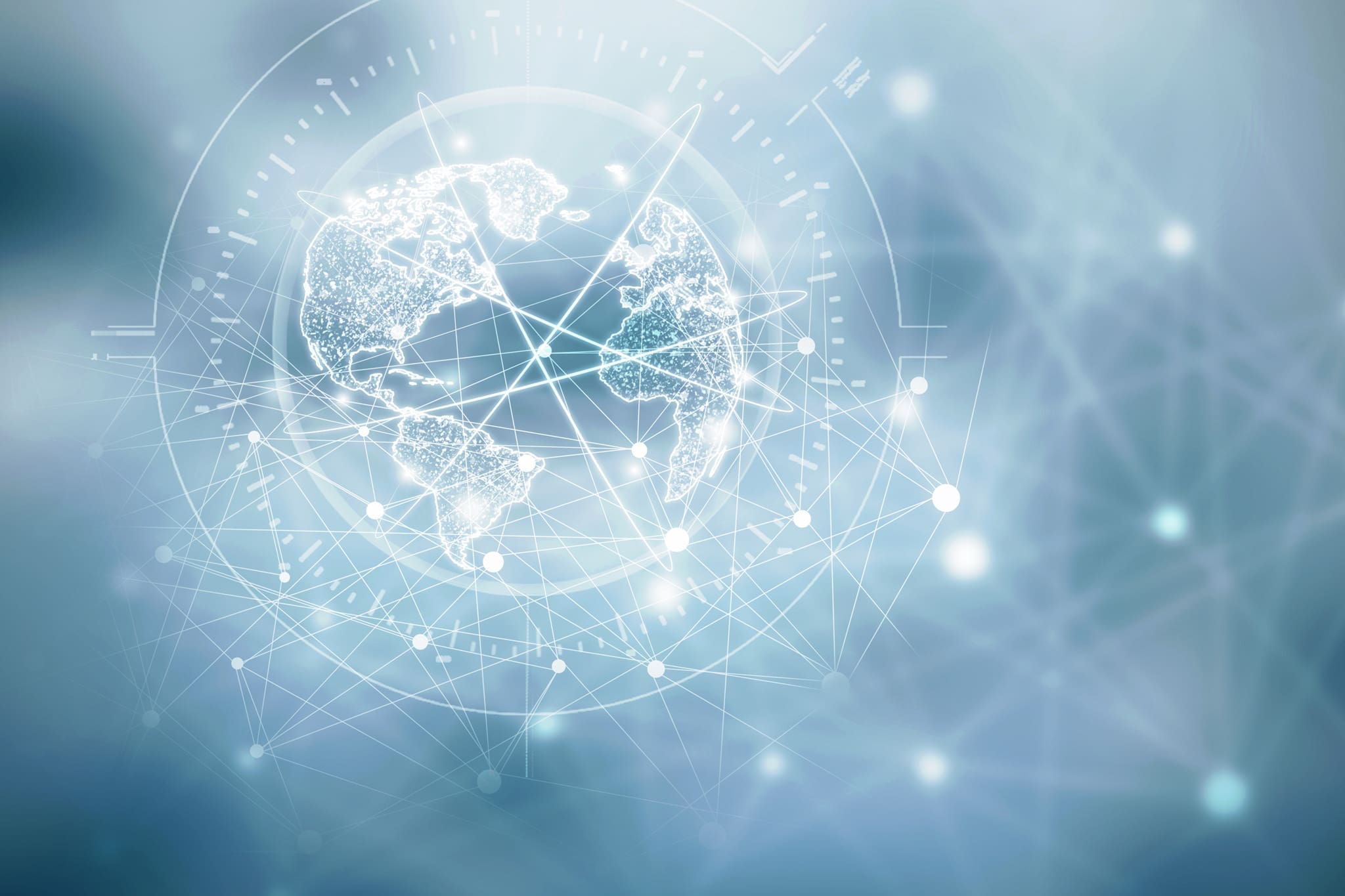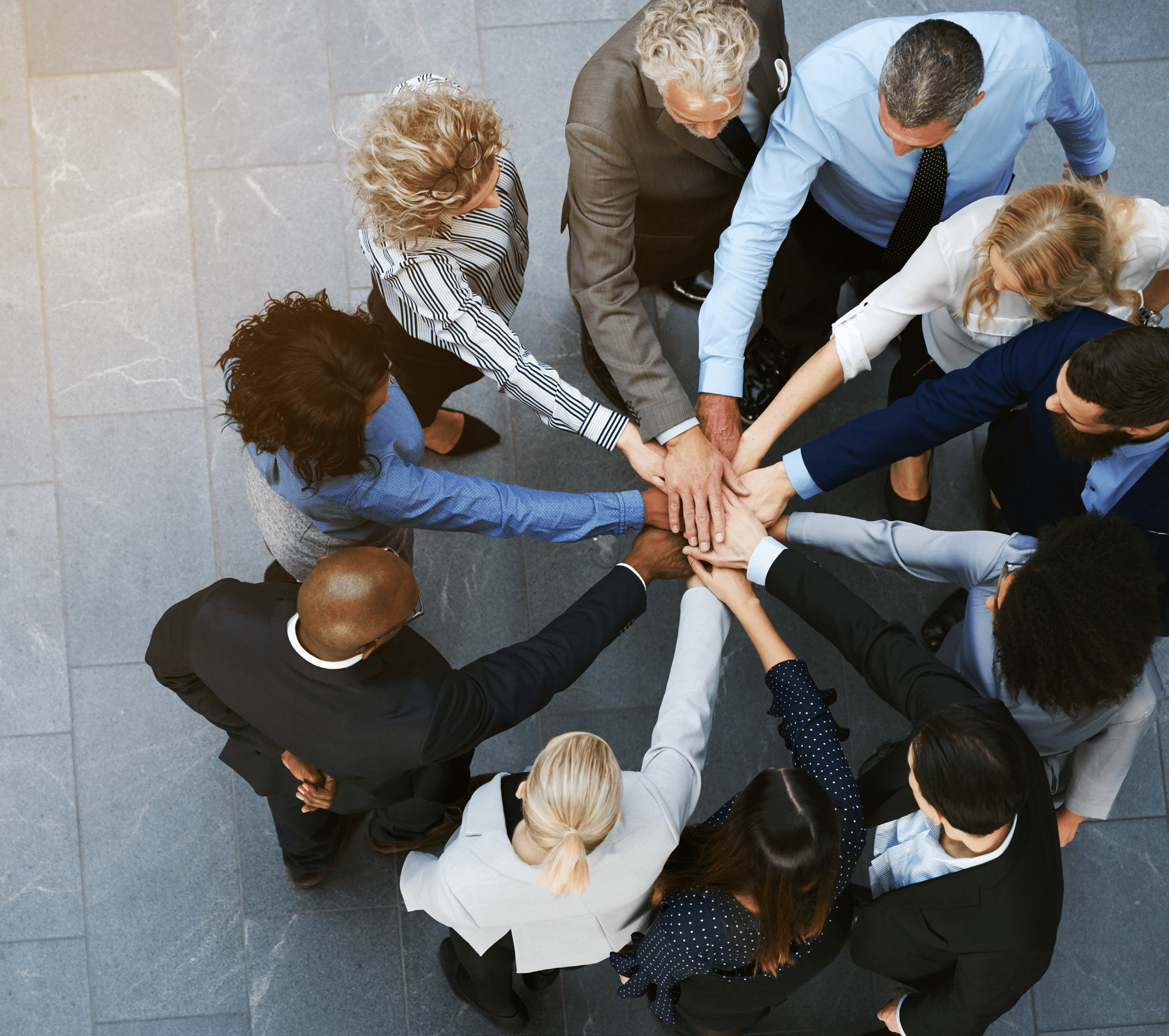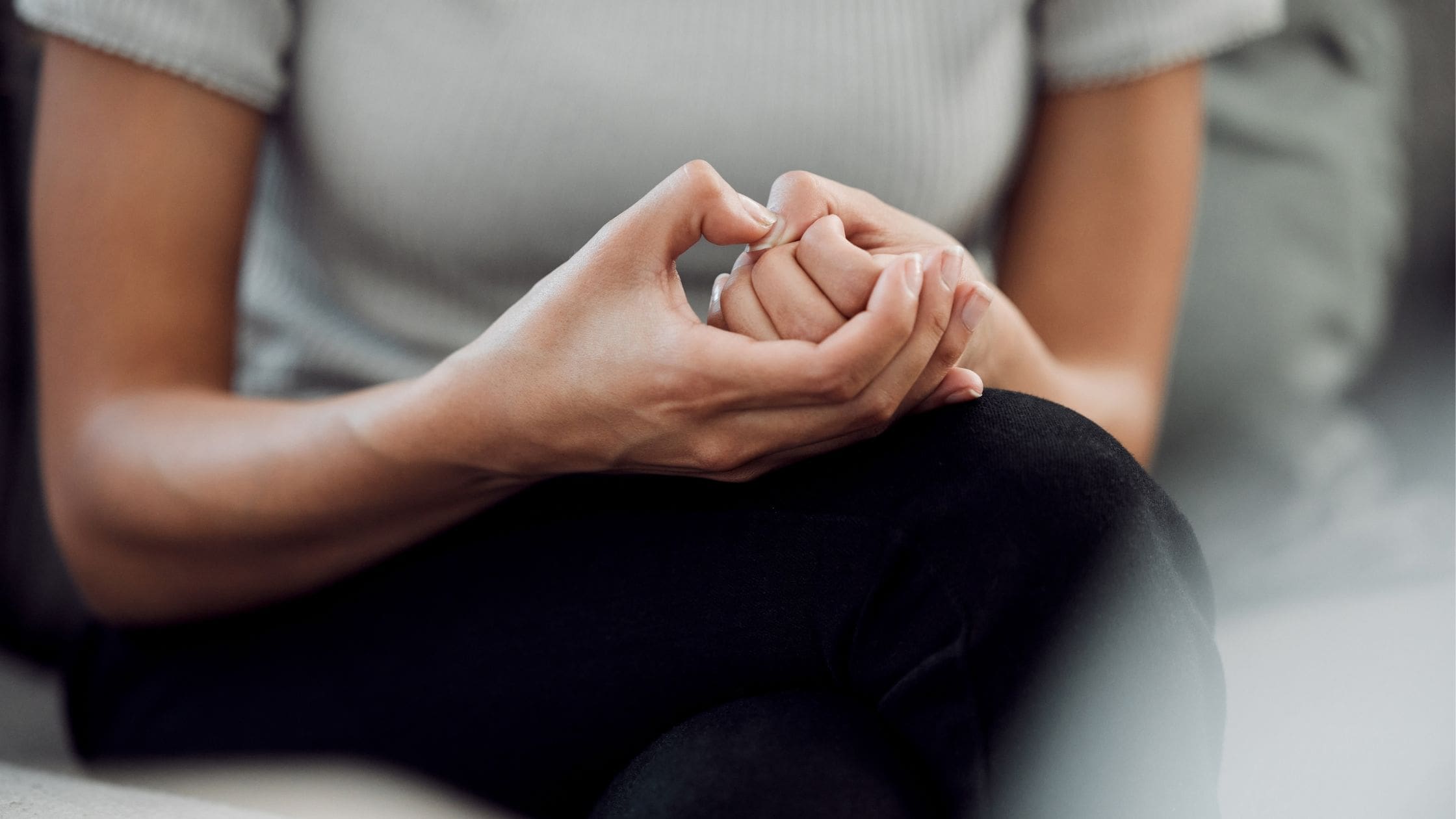Touching on topics as important as diversity, equality and justice, Sandie Okoro, Senior Vice President and General Counsel for the World Bank Group has been talking to The Attic for Black History Month. Ms Okoro shares her journey to one of the dream jobs of the legal profession, the role models that have inspired her along the way and why diversity matters.
My role at the World Bank is unlike anything I’ve done before.
It’s like chalk and cheese. My whole career, I was a lawyer in asset management in the City of London, dealing in heavily-regulated financial services and working in fast-paced financial markets. One day, I was contacted by a headhunter and, as with all jobs at this level at the World Bank, the story started with a competitive search. I was reluctant initially and ruled myself out but during the summer, thought otherwise and called back the headhunter. They were still looking for a GC and I got the job, which was a real lesson. Too often, we talk ourselves out of big opportunities when we don’t need to.
My role today at the World Bank, an international financial institution whose goal is to eradicate world poverty through development, covers a lot of complex legal issues around international law, internal policy and the agreements we enter into with our member countries.
I have a fantastic team of 172 staff who come from 65 different countries…
… and probably with that over 40 different languages are spoken in my team. My team consists of some of the best lawyers I have ever worked with. They are all highly trained, with many PHDs floating around. Out of 172, I have 117 women and my senior management team is nearly 50/50 on gender parity. One of the things we have to do is cover the languages and cultures of the countries we work in. At the World Bank, we strive to represent our 189 Member countries and by employing people from all over the world, our teams score very highly in terms of diversity.
When the World Bank was created in 1945, the make-up wasn’t quite as diverse as it most certainly is now. We prioritise diversity at all levels across the World Bank and I am very proud of the diversity and inclusion of my own team. That mixture of diversity and cultural differences is really brought to the table in problem-solving and that’s why we come out with the fantastic ideas and innovation that we do.
The private sector could really learn from this structure.
If you want to get the best out of your team, if you want to do the best for the countries you are working with, then you need to think consciously about how you create a diverse workforce and the type of inclusive environment that will help people from different backgrounds flourish. Whether it’s private sector, public sector or international financial institutions, you have to represent your clients and stakeholders in order to remain relevant.
In my role, I focus on promoting the rule of law, access to justice and gender equality for all.
My favourite Sustainable Development Goals are SDG 5 (Gender Equality) and SDG 16 (Peace, Justice and Strong Institutions). My mission is to make a reality of these two SDGs working in partnership with my fabulous colleagues in our Gender and Governance Global Practices here at the World Bank. Being a lawyer in development means looking at the big picture, and working not just to deliver our day job but to work with our colleagues across the institution to help our Member countries deliver on justice reform and gender equality. For example, we work very closely with colleagues in the Governance team who do a lot in relation to access to justice and the rule of law.
As far as values, I believe in diversity and inclusion — both in life and in work.
In work, I value integrity and doing the right thing even when no one is looking. Integrity has to be in a lawyer’s DNA. It doesn’t make you popular but it does mean you can sleep at night. In life, I value family and friendships, alongside loyalty. I don’t mean that in a “be loyal or die” way but in an “even when the chips are down” type of loyalty. I bring both work and life together in that integrity is a key part of the diversity and inclusion piece. In work, diversity and inclusion gets you better work outcomes and more ideas. In life, you just have more fun because if you have friends from all over the world, it’s 189 different types of food, 189 types of music, and 189 ways of looking at a problem.
Let me tell you about our team retreat at the end of the financial year. I hosted a small party for my team and everyone was dancing to music from all over the world. No one sat down because an African, Latin American or Bhangra beat they didn’t recognise was playing. Diversity is being invited to the party. Inclusion is everyone having music they can dance to.
I grew up in a time in the UK when there were lots of female role models on the television and in the media.
You might like them, you might loathe them, but they were there. I grew up with an aspiration to be a woman of substance because I saw other women of substance all over the world on my TV screen. Ironically, there were many more women in politics or on the news than there are now. When I was born, women were treated as second-class citizens but this changed as I grew up. I was told to grab open opportunities and to contribute all you can to society. I really believed in that and I did not consider myself as a second-class citizen. Not pursuing a career was not the environment I grew up in.
When I was a teenager and young adult, apartheid existed in South Africa, which is something the younger generations today find hard to believe ever existed because it was just so unjust. I remember a lot of my student days were spent marching against apartheid and I very much thought, “That could have been me, if I lived in South Africa.” I would not have been able to vote. I would have not been able to move freely or live where I wanted because of the colour of my skin. I would have needed to be subservient to other people because of the colour of their skin. I felt a world that accepted apartheid was a world that needed to change.
The world still needs that change and we need to keep pushing as there is still a lot of inequality. My passion for access to justice came from my anti-apartheid days. I believe the presence of justice and the respect for the rule of law benefit ALL in society, and make society stronger.
Black History Month gives people a sense of identity and history that was snatched away due to slavery and oppression.
If you were to say, “Name 20 famous black historical figures”, people may struggle. But if you were to say, “Name 20 famous Caucasian historical figures”, that would be very easy to do. You’d ask, in what sector, in what century? That’s because black history has not been fully written, it has not been fully recorded, it has not been fully taught.
I work in Washington D.C. but as a Londoner, I always make time to return to London at some point in October because Black History Month is important to me. Too much of black history is missing or has been forgotten. Black History Month is about claiming back historical territory and recognising that everybody is part of history. Its events and talks cannot be underestimated as they will inspire the next generation to think that they can be part of something bigger.
Last but not least, Black History Month is a reminder to everybody of the contribution black people have made throughout history. Black History Month is for Everyone, it is about celebrating the contribution of those who have been, or are, hidden figures. For me, this is a celebration of the uncelebrated.
One of my big role models is Nelson Mandela, because he really stood up for what he believed in.
When he was released from prison and became president of South Africa that was really wonderful to see. I’ll never forget that day when he walked out of prison. First off, he looked very different because we only had one image of him, the image was of a young Nelson Mandela before he went to prison. When I saw on TV an older Nelson Mandela walk out of prison, he looked like a leader. He looked like a hero. He looked magnificent. He walked out of prison instead of getting in a car, and that image of him walking is one of my endearing images of the 20th century. His struggle inspired the song “Free Nelson Mandela” by The Specials and I play that song when things get difficult to remind myself that anything and everything is possible, even though sometimes you have to go through hardships. There is always a light at the end of the tunnel.
My mother was another of my role models. She showed me the way to being a working mum, of not using excuses about your gender or ethnicity to say you can’t do something. She never took “No” for an answer and really pushed me to do things. She showed me what it’s like to be always safe but also, what it’s like to take risks. She also gave me the classic line, “Never rely on a man for money.” She was a feminist without even knowing it.
Oprah is another role model and she has an amazing story. I think about everything that she’s done, that she’s talked about, that she brought out in the open and that was not talked about before. I first saw her in the movie “The Color Purple” and nobody knew how amazing or famous she was going to be. She is also an incredible role model for all young women who want to be successful in business. She has built a business empire from humble beginnings, and she did this by being her authentic self.
I have other role models who are maybe not as obvious. Coco Chanel is one of my heroines. She had good and bad times in her life. But she literally freed women from the corset. She created a fashion and industry that was very different at the time. Not only did she have her own business, but she was very successful and she did it on her own terms.
The last role model I would mention is Spike Lee, the film director. It’s difficult to imagine now how few black directors there were when he started with “She’s Gotta Have It”. I went to see the groundbreaking “Black Panther” recently and I thought that this was the direct result of Spike Lee’s revolutionary work. We all stand on the shoulders of the giants who came before us.
As you see, diversity and inclusion plays a big role in my life.
In the legal sector, I have always been very supportive of D&I work done by my colleagues and it’s fair to say that these things are not always easy. You may win awards but you still have to work very hard in organisations to get your voice heard. I’ve been happy to support the work of Daniel Winterfeldt with Interlaw and, of course, the work that Dana Denis-Smith is doing on The First 100 Years project, celebrating the history of women in law is equally important.
I am also a big supporter of JUSTICE, a human rights organisation in the UK run by Andrea Coomber. They are a fantastic organisation.
Last but not least, I’m a great friend of the arts. I am proud to be a Governor of the Royal Shakespeare Company. I really believe that achievement in the arts is one of the things that will survive us all. Drama and the visual arts tell us so much about the world we live in. I really admire scriptwriters and film directors who push the boundaries and make us see things differently. Some movies have the power to change the way we think about society and ourselves. A few years ago, I had the honour of seeing Paapa Essiedu play Hamlet in a RSC production. It changed my whole concept of how such roles should be cast. It brought a whole new meaning to the role of Hamlet because Paapa brought a whole new perspective.
I realised “in a lightbulb moment” the power of the arts to transcend boundaries and generations. We live in a vibrant and wonderful world, but it is still an unfair one for many. The arts can help us open our minds and to see that which we don’t even know we need to see. It is so important that we live and work with an open mind. I am glad to be alive at this moment in time, I get to use my skills and passion to try and make the world a better place for all, and no one can put me in a box and tell me to keep still and keep quiet.
At 100 years ago my life would have been very different. I may not even have been offered an education. 200 years ago I would have been someone’s chattel to be bought and sold at will. Sadly today there are still many women who cannot access education and are not free. So although I enjoy my freedoms and advantages, I do not take them for granted and I fight for those who are not as lucky as I am.


